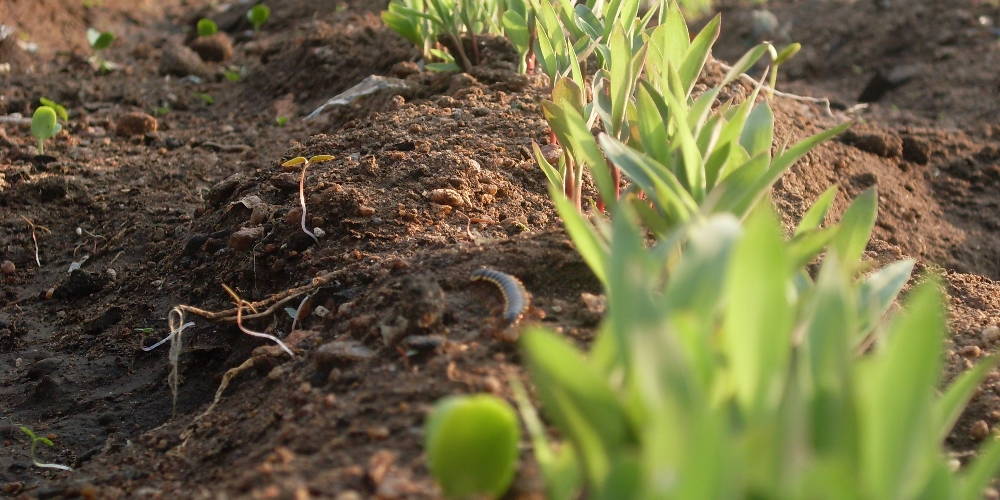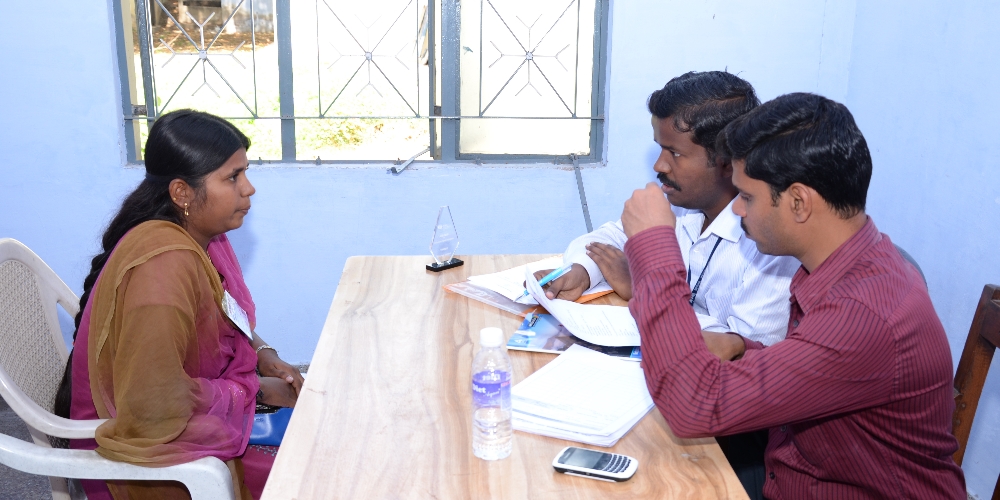In India, 36 million are unemployed and amongst, 24 million live in villages and another substantial number move to cities in search of employment. Skills and knowledge are the motivating force of the financial growth and community development of any nation. As per development studies, reason for both unemployment and under-employment among youth is due to significant disconnect between school education and technical exposure in terms of skill education and hand-holding practical trainings to achieve a potential return based livelihood.
Skill development is focal for sustainable development and a powerful instrument to reduce poverty and inequality. Disadvantaged youths, including women, have fewer choices and opportunities to break out the cycle of poverty. In today’s age of globalization and technological volatility, skill building is an important instrument to increase the efficacy and quality of labour for improved productivity and economic growth. Skill building is a powerful tool to empower individuals and improve their social acceptance. It must be complemented by economic growth and employment opportunities to meet the rising aspirations of youth. In this context SEARTH with the support of partner agencies has trained over 1800 youths and women in NSDC schemes such as STAR, PMKVY & ESDM. SEARTH has provided training on sectors such as Agriculture, Beauty & Wellness, Apparel, Telecommunication and Electronics as per the need of the community.






